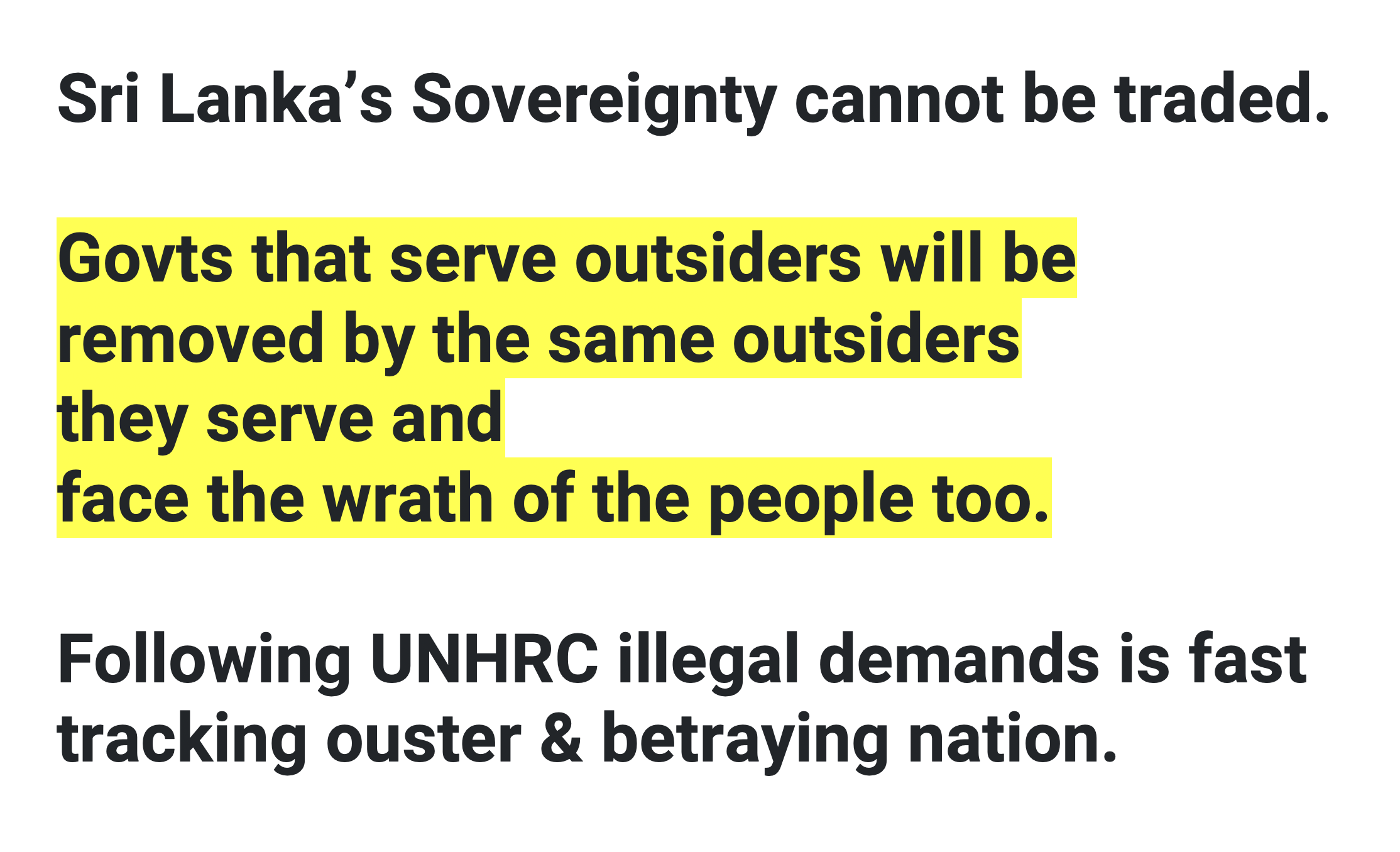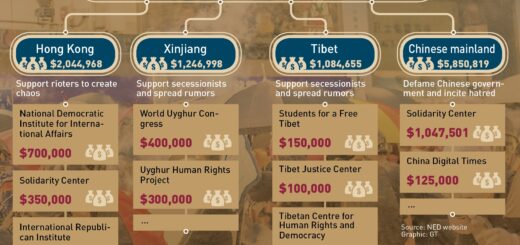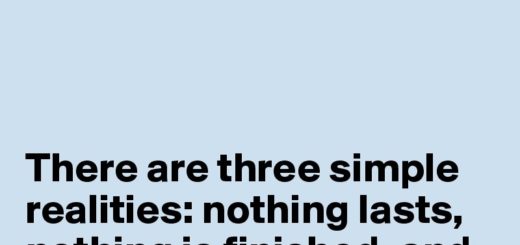Alert to Sri Lanka’s Foreign Ministry: Implementing UNHRC Demands Will Lead to Government Ouster

Since 2009, the UNHRC has overstepped its mandate, pushing demands that strip Sri Lanka of sovereignty — imposing foreign-run courts, forcing constitutional changes, and erasing LTTE crimes. These are political agendas, not human rights. Sri Lanka has also faced externally funded regime change. Nepal shows where this path leads: elected rule replaced by foreign-approved actors. Any elected government must act to protect the integrity of the Nation and its People, not to appease external powers. Sri Lanka must see these demands as a warning, never a roadmap.
Since 2009, the UNHRC has made a series of demands on Sri Lanka that go far beyond its mandate:
- Hybrid courts with foreign judges – illegal under Sri Lanka’s Constitution, but the hidden expectation is to transfer judicial decision-making to outsiders, undermining sovereignty and setting a precedent that international actors can override domestic courts
- Constitutional changes that dilute the unitary state– disguised as “reform,” but designed to bypass Sri Lanka’s democratic and legal process, allowing external players who are not answerable to the people to decide national governance.
- International investigations based on unverified NGO reports– outside UNHRC’s authority, but intended to replace Sri Lanka’s judicial system with external inquisitions, demoralizing the Armed Forces, weakening national security, and erasing the legitimacy of Sri Lanka’s victory over terrorism.
- Selective targeting of Sri Lanka while ignoring LTTE terrorism– clear bias and discrimination, with the expectation to rewrite the narrative by erasing LTTE crimes and branding the State as the sole aggressor.
- Repeated attempts to criminalize Sri Lanka’s war victory– in reality, an expectation to delegitimize the sacrifices of the Armed Forces, strip national pride, and keep Sri Lanka perpetually vulnerable to external dictates.
Every one of these demands is illegal in mandate, political in nature, and dangerous in expectation.
Beyond the illegality lies a coordinated attempt to weaken sovereignty and re-engineer Sri Lanka’s political and security architecture.
Parallel Warning: Nepal’s Experience
What is unfolding in Nepal today should serve as a grave warning to Sri Lanka.
- Governance is being removed from elected representativesand transferred to externally approved actors. Foreign funded uprisings, driven by youth are being used as the tool to delegitimize entire political systems.
Sri Lanka’s Govt should not think that its “popular vote” cannot be equally manipulated against them
- Thenarrative of corruption — an easy sellable slogan — masks the real objective: creating a power vacuum where traditional parties and elected leaders are made redundant and in their place, individuals agreeable to international dictates are elevated to power.
The change agents are now masters at manipulating mentality of people. Social media can easily sway emotions against any Govt or Minister.
AI, algorithms, filters make people clueless as to what is fact or fiction!
- This is a slow throttling of the Westphalian system of sovereignty, camouflaged as reform. Re-colonization is taking place without foreign boots — tragically, with people themselves enabling it.
- Nepal’s institutions are increasingly bypassed;decisions are influenced externally, not by the will of its citizens. Citizens will be powerless. Those who resist risk severe repercussions if they challenge the new status quo
- The result:foreign powers now hold leverage over Nepal’s governance structure, making it a pawn state under international management.
In Sri Lanka’s case – regime change has passed baton for the successor to complete the de-legitimizing of democratic governance through detrimental acts / legislation.
- 2015 – Co-sponsorship of UNHRC Resolution 30/1.
- 2015–2022 – Ousting of elected leaders, regime change by external engineering.
- 2023 – Central Bank made “independent.” From the Govt
- 2024–2025 – Govt rushing to complete external tasks;
Danger of Internalization:
If Sri Lanka’s Foreign Ministry ‘internalizes’ UNHRC’s demands, it means:
Turning illegal external pressures into domestic commitments.
- Handing separatists a permanent state & hostile lobbies the keys to control Sri Lanka
- Binding future governments (unlikely to be elected by the people) to foreign-dictated agendas
- Erasing the sacrifices of the Armed Forces who defeated terrorism and subject them to mere uniformed personnel.
No sovereign nation has ever allowed the UNHRC to dictate its Constitution, judiciary, or post-war governance.
To do so would set a precedent of surrender — one that cannot be reversed.
Final Warning: Sovereignty cannot be Bartered
Sri Lanka cannot trade its sovereignty to please foreign powers. Any government that quickly implements illegal UNHRC demands — by making them part of domestic law — becomes a tool for outsiders. Such governments are only useful until the external agenda is finished; then they are the first to be discarded.
The government is walking a very thin line, distracted by false assurances of control, leaving no room to see the dangerous consequences they are creating for themselves.
Following these demands, as indicated by the Minister at the UNHRC, is a betrayal of the Nation, weakens the Armed Forces, and hands control to hostile foreign powers. What does the government gain? Nothing — only a fast track to its own removal. Already, external actors seem to be influencing key Ministers, seen in how new legislation is drafted with outside input. This is only fast forwarding the Ministers & the Govts exit from power.
An elected government exists to safeguard the Nation and its people. The moment it serves foreign interests over Sri Lanka’s, it becomes disposable — first to those outsiders who manipulated it, and then to its own citizens, who will demand accountability for its betrayal.
The message is clear: implementing UNHRC’s illegal demands at home is surrender.
Sri Lanka must reject these political pressures. Doing otherwise risks internal collapse, weakens national defense, and fast-tracks the government’s ouster. The government must remember — once it carries out these illegal tasks (Truth Commission, PTA repeal & new counter-terrorism law, foreign-influenced domestic tribunal, 13th Amendment implementation) it will be removed.
Once this Govt completes these tasks – they will be removed from power & another “pawn” will be installed to carry forward next phase.
Shenali D Waduge







